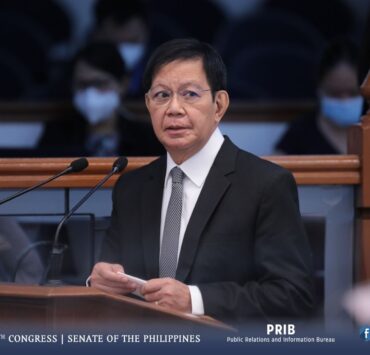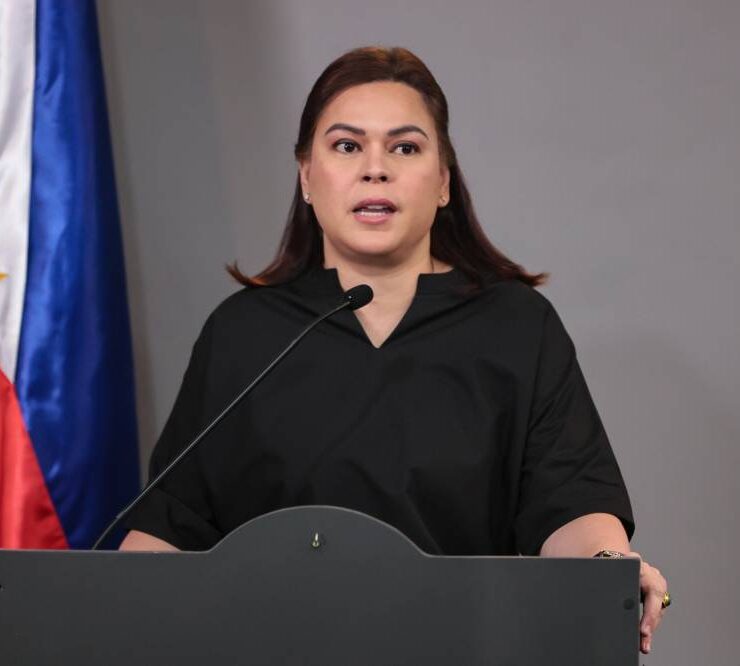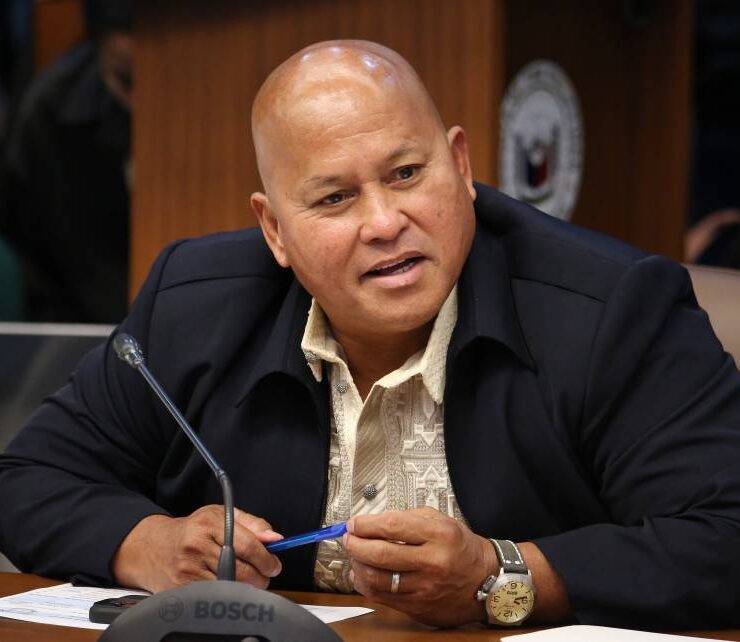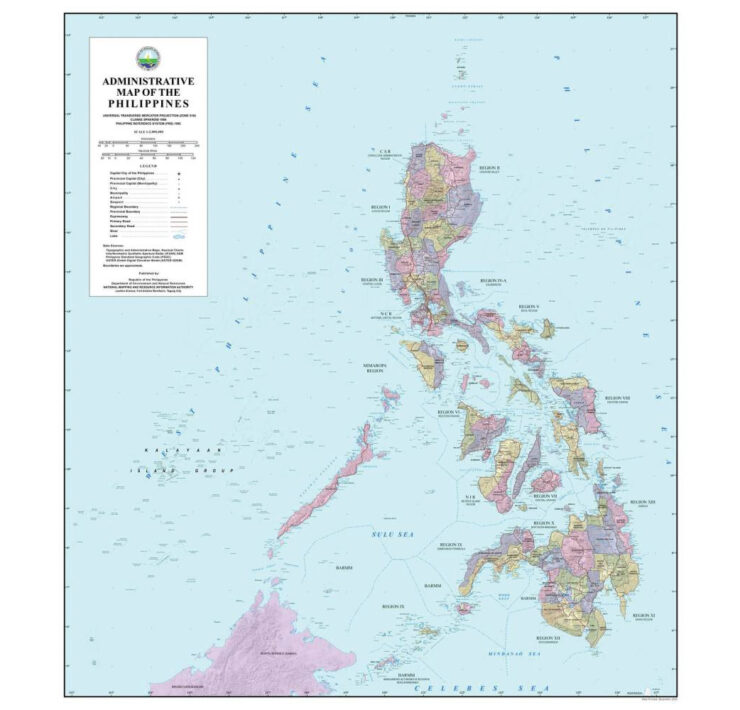‘Konektadong Pinoy’ bill lapses into law

The measure allowing new internet service providers to operate in the country without a legislative franchise or Certificate of Public Convenience and Necessity (CPCN) lapsed into law on Sunday.
In a message to reporters, Palace press officer Undersecretary Claire Castro confirmed that the “Konektadong Pinoy” bill became a law without President Marcos signing it.
A copy of the law has yet to be published in the Official Gazette as of writing.
The Konektadong Pinoy law, or the Open Access in Data Transmission Act, aims to streamline the licensing process, promote infrastructure sharing, and allow new and smaller players to invest in data transmission infrastructure without requiring a legislative franchise.
Enhance competition
Proponents of the law had argued these franchises are an “outdated” requirement unique to the country.
They said the law would boost competition in the telecom sector and ultimately reduce internet costs for Filipino businesses and households.
It introduces comprehensive reforms designed to open the market, enhance competition, reduce network rollout costs and increase the quality and availability of digital services.
The bill empowers the government to require large telco owners to provide fair and transparent access to smaller internet service providers to address monopolistic practices.
The enrolled bill was ratified by Congress in June and transmitted to Mr. Marcos on July 24 for its enactment or veto.
Bills may also lapse into law when no action is taken 30 days after they are transmitted to the Palace.
Priority measure
The fate of Konektadong Pinoy bill was put in limbo after the President made no mention of it in his fourth State of the Nation Address on July 28, despite the bill being a priority measure of his administration.
But Secretary Henry Aguda of the Department of Information and Communications Technology (DICT) assured the public that the new law would not compromise the country’s cybersecurity and instead would strengthen it.
“Under the final version of the bill, all incoming telcos are required to comply with strict cybersecurity standards set by the DICT, Cybercrime Investigation and Coordinating Center, and other relevant agencies,” he said in an interview on state-run PTV on Friday.
“Within two years, they must also obtain international certification—meaning they will adopt best practices from other countries to ensure that services for Filipinos are world-class and secure,” he added.
More than 1,000 small internet providers are expected to enter the local market once the bill is enacted, as this would streamline permitting and mandate infrastructure sharing.
The DICT chief said he had already talked to some of the telco players to clear out the “miscommunication,” and they “understand my explanation.”
Aguda said he also “personally extended” his invitation to the four existing telco companies to participate in the drafting of the implementing rules and regulations of the law.
“They were very cooperative,” he said.





















